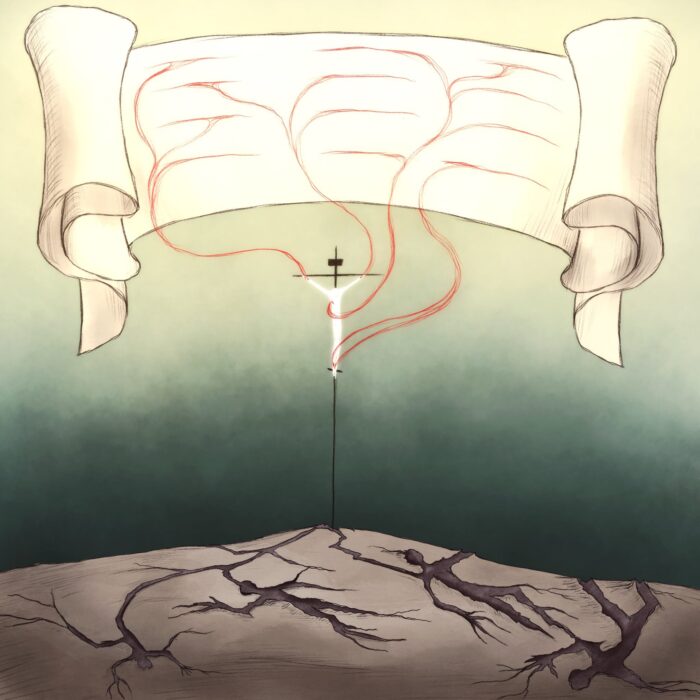Luke 7:38, ‘…standing behind Him at His feet, weeping, she began to wet His feet with her tears and wiped them with the hair of her head and kissed His feet and anointed them with the ointment.’
There is so much to see here, and perhaps I will get into it in this afternoon’s live Q&A, but for now, just notice that this woman dries Jesus’ tear-washed, myrrh-anointed feet with her hair. Now, Paul tells us that long hair is the glory of a woman (1 Cor.11:15)…So, what we see here is this woman unbinding her glory and using it to wash the feet of her Lord. Her glory, her splendor, her radiance, her beauty—THIS she pours out, as it were, over the feet of Jesus.
And so for us, we too, in the overflow of love resulting from a recognition of the glory of our forgiving God, ought to see OUR glory unbound and poured out over Jesus’ ‘feet’…over the needy and the broken, over the small and forgotten, over the unlovely and undesirable who are part of His own Body.
And don’t miss that the tears that wash Jesus’ feet and the ointment with which they are anointed both point to the sorrows that these same feet will bear on the cross in order to secure the forgiveness over which this woman now weeps with Joy…
And yes, I do think her weeping is a weeping of joy. Why? Well, I’ll write out for you what I think is happening in this scene. It might be a little long, but I think it’s worth considering…
So — Why would a ‘woman of the city’ (i.e., a prostitute) come into the home of a respected religious leader? And why would she come bringing expensive ointment? And why is Jesus’ response to her ‘your sins are forgiven, go in peace’ (v.48,50)? Here’s a possible answer:
This woman, a notorious prostitute, had heard that Jesus was forgiving sins (Luke 5:20) and thought that perhaps he would forgive her lifetime of sinning as well. She takes the jar of expensive ointment because in her world, you pay for favors, and she knows no better. Perhaps this gift—this respectable thing she has purchased with the labors for which she is ashamed—perhaps it will secure forgiveness for her?
She emboldens herself to enter the Pharisee’s home and purchase her forgiveness…but the moment she enters she is nearly drowned in the sure conviction that her sins ARE forgiven (note that Jesus says all the love she shows in this chapter is a RESULT of her many sins being forgiven, 7:47). She is, I think, overcome with relief and wonder and joy and so falls at Jesus’ feet weeping over the release of her years-long burden. But then, seeing that she is soaking his feet with her tears, she takes what is nearest—her own hair—and dries them off before, in the freedom of her newfound forgiveness, she pours out the ointment (the very thing she was going to use to purchase her forgiveness) as an offering of praise over his feet…and so the ointment—whose very existence is a witness to the sinful life that enabled her to purchase it in the first place—becomes an outpoured song of worship to the one who forgave all her sins, redeemed her from the pit she had crawled into, and crowned her with His own steadfast love.
It seems to me that something like that may be going on here. But, as I said, that is speculative. The first part (her washing of Christ’s feet with her glory) is rooted in the text itself and is more sure.




